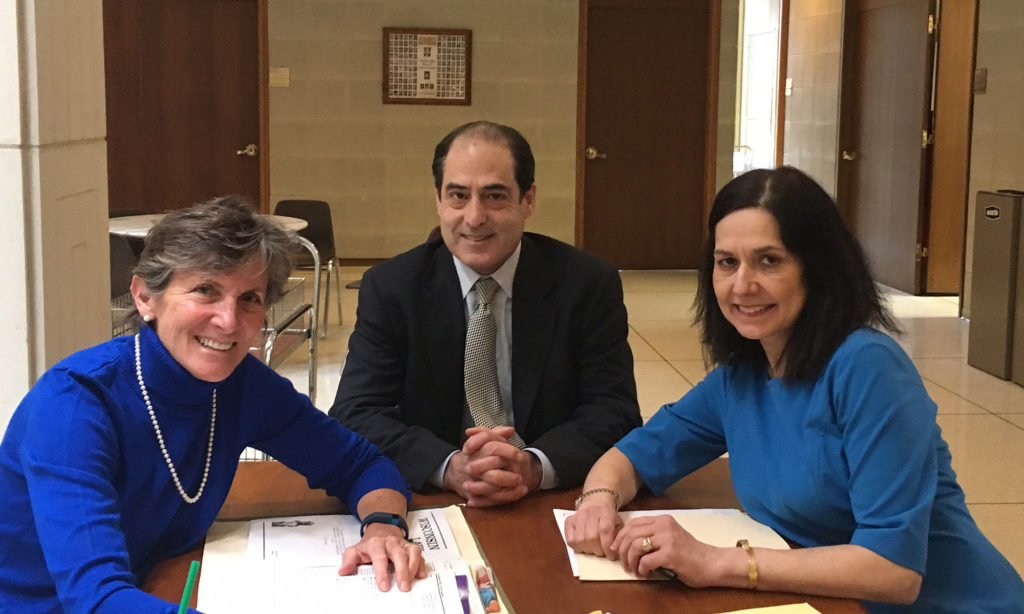From the onset, MAID's opponents can be grouped into 3 constituencies: 1) the Catholic Church and many Evangelical denominations, who view life and death decisions as God's alone to make; 2) many old school medical practitioners sworn to fealty to the Hippocratic oath of Do No Harm, which would putatively be breached by the dosaging of a medicine intended to cut life short; and 3) finally a rather eccentric group of die-hard Disability Rights advocates Not Dead Yet, who believe that MAID is nothing more than a nefarious scheme to discard disabled people as unworthy of life.
The transparent absurdity of these three arguments becomes apparent with the most elemental of analyses.
The religious objection is that only God alone can make life or death decisions. And yet, when doctors perform CPR to revive a stilled heart back to life; or perform miracle surgery to replace a defective heart or liver; or put a patient on life saving medicine or machinery, why is that not equally interrupting God's greater design. Is that not Doctors now playing God? We all know that at birth, we are all born with a death sentence. God did not intend eternity on earth. If we assume God knows what He is doing, then his plan surely is equally at works when life is cut short as when iit perdures. Can the Church look askance at the medical profession interrupting what appears to be God's plan, only to condemn the profession when it follows a patient's informed, intelligent request to abbreviate suffering when the end is nigh and hope abandoned? Is there not a cavalier arrogance for man to say "We know God is comfortable when we replace a defective heart with a new one, but we also know he would not want a patient's suffering to be curtailed when he has less than 6 months to go and is experiencing physical and existential suffering.
And then there is the blatant hypocrisy of the subterfuge called the double effect, blessed by the Church since the days of St. Thomas Acquinas. It is acceptable for a doctor to extinguish a life as long as the primary intention is to alleviate suffering, even though the obvious corollary is that the patient will imminently die as a result thereof through a fatal dose of morphine. Terminal sedation is now a whsipered commonplace; to be sure, it reflects a welcome degree of compassion and understanding that at times, it is benevolence embodied to apply a dosage of morphine which will stop suffering at the expense of putting the patient into a fatal coma. Yet here the Church and many evangelicals turn a blind eye to the reality that doctors are essentially killing patients, rather than allowing suffering to continue for hours, or even days. If only God can make that life and death decision, why is the Church welcome to accept terminal sedation but not MAID?
Similarly, doctors show rank hypocrisy in their fealty to an oath inspired by an ancient Greek physician ignorant of the modern ways of life extension through machinery and medicine. Do No Harm? Is it not harm to ignore the wishes of a patient who has lost the will to live, who is dying almost to a certainty within a limited time frame, who suffers physically, spiritually and emotionally.
The same profession blesses terminal sedation-it is approved by the AMA. The odd consequence of this hypocrisy is that doctors may use their best judgment at end of life to apply a terminal dose of morphine; but some would deny the patient the same right to have such lethal medicine at hand at home to die at the chosen moment.
Finally, the absurdity of the extremists in the Disability Rights movement who preach MAID as an attempt at genocide is gainsaid by the very language of that statutes: MAID is not available to disabled people. Only terminally ill people may qualify. A disabled person in the absence of a terminal cancer or ALS is not eligible and would be denied the prescription. The law correctly treats able and disabled bodied people equally, with one unfortunate exception. If a disabled person is totally paralyzed and unable to self-administer the medicine, the law makes no allowances for that disability. So, in a sense, disabled people are even less able in some very limited circumstances than able bodied people to access the law.
One turns an attentive ear to MAID's opponents in hopes of hearing some logic, some reasoning. In fact, what one hears is misstatements, inconsistencies and hypocrisy.


